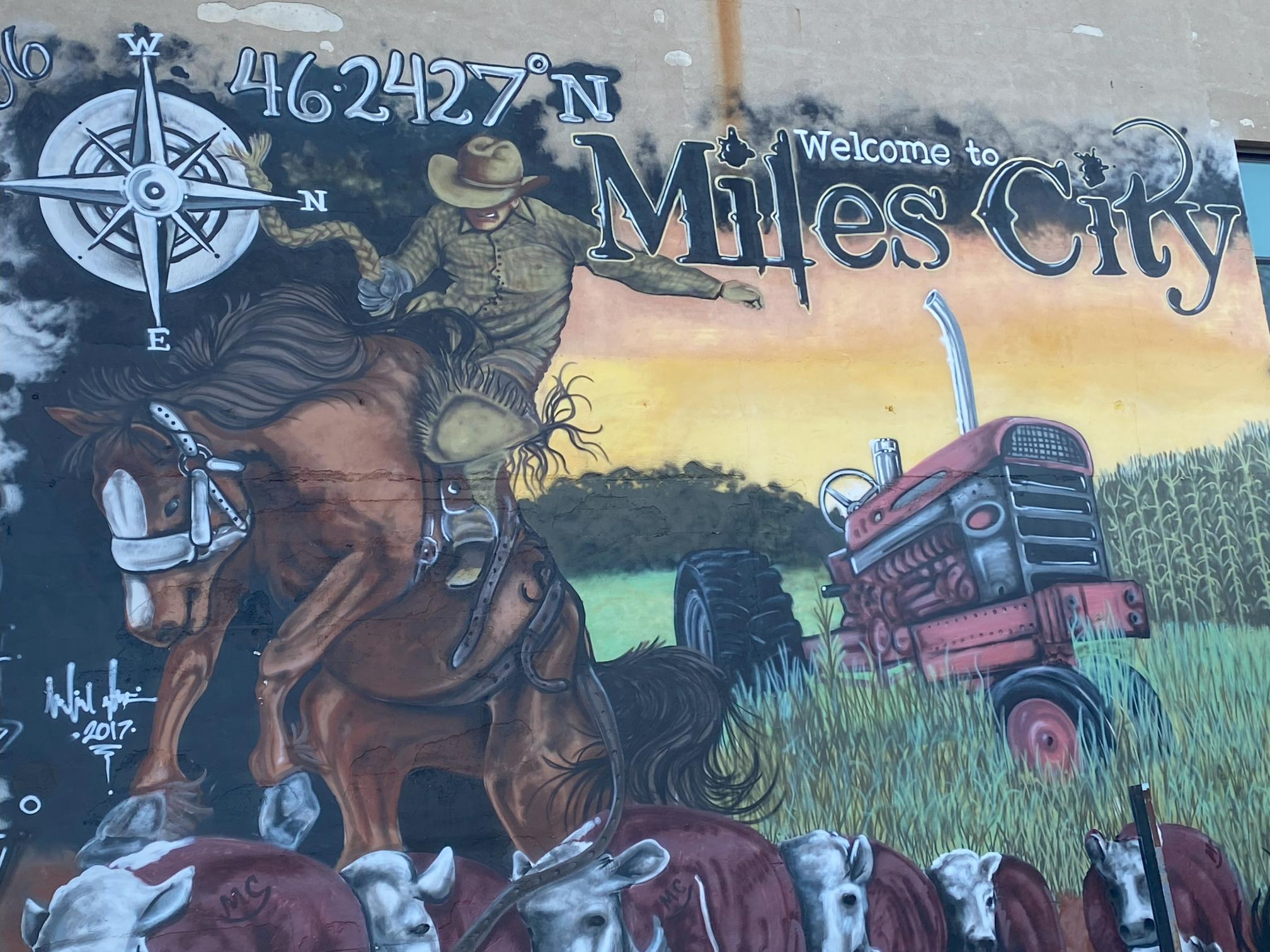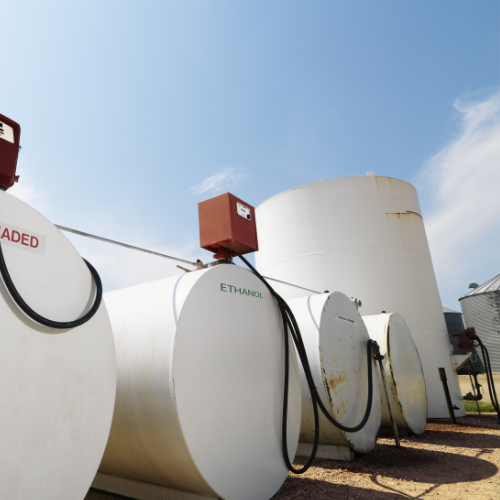
What You Need to Know
Navigating Environmental Liability
Pollution and environmental risks are significant concerns for agricultural businesses. Farms, commercial agribusinesses, and other related industries are increasingly subject to environmental regulations and face potential liability from pollution incidents.

Understanding the scope of these risks and how they can impact your operations is essential for responsible business management.
Why Environmental and Pollution Liability Coverage is Important
Agricultural operations—whether small family farms or large-scale agribusinesses—often involve activities that can lead to pollution incidents.
These might include chemical spills, fuel leaks, or contamination from transported goods. Such incidents can result in significant environmental damage, which in turn may lead to costly legal claims, cleanup costs, and fines.
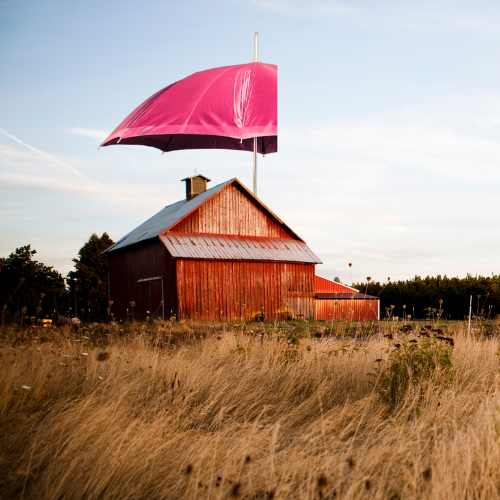
Standard insurance policies, such as Farm Liability Coverage Forms (FLCF), Commercial General Liability (CGL), and Business Auto Coverage Forms (BACF), generally provide limited coverage for pollution-related incidents.
For instance, a standard auto policy might only cover cleanup for a spill from another party’s cargo after an accident, but not for pollutants that you are transporting. Given these limitations, many businesses find themselves unprotected when a pollution incident occurs.
Environmental liability insurance fills this gap, offering more comprehensive protection for agricultural businesses exposed to pollution risks.
Types of Coverage Available Under Pollution Liability Insurance
Pollution liability insurance is designed to address specific environmental risks that standard policies don’t cover. The type of coverage can vary, but typically includes:
First-Party Remediation Costs
Coverage for costs incurred when cleaning up pollution on your property, including incidents caused by gradual leaks or sudden accidents.
Third-Party Bodily Injury & Property Damage
Protection from claims made by third parties—such as neighbors or government agencies—due to pollution incidents that cause harm or damage to their property or health.
Business Interruption Coverage
This provides financial compensation if your operations are halted due to a pollution incident, allowing you to recover lost revenue during downtime.
Transportation Coverage
Pollution incidents caused by the transportation of hazardous materials or pollutants—such as chemical spills or fuel leaks during transit—can be included in coverage.
Extended Reporting Periods (ERP)
For claims-made policies, an ERP (or tail coverage) allows you to file claims after a policy expires if the incident occurred during the covered period.
This is especially useful for covering pollution events that are discovered later but occurred during the policy term.
Key Terms in Pollution and Environmental Liability Insurance
Understanding the terminology in pollution liability insurance is crucial for determining what coverage is necessary for your business.
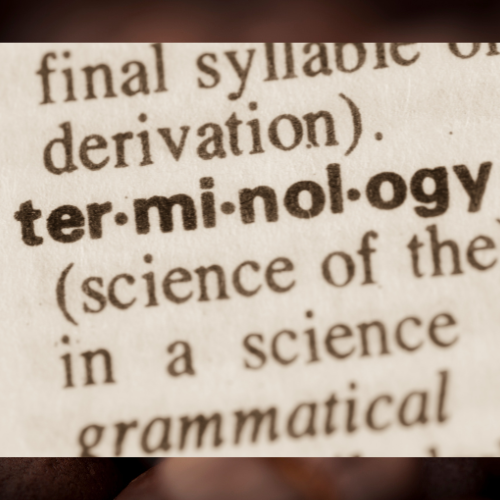
Some of the key terms you may encounter include:
- Claims-Made vs. Occurrence-Based Policies: Claims-made policies cover incidents reported during the policy period, regardless of when the incident occurred. Occurrence-based policies cover incidents that happened during the policy period, regardless of when they are reported.
- Pollution Condition: This typically refers to the discharge, release, or escape of pollutants that cause environmental harm. Some policies might use terms like “pollution event” or “pollution incident” with varying definitions.
- Retroactive Date: This restricts coverage to pollution incidents that occurred after a specific date, often the start of your first policy. This helps prevent coverage for long-standing pollution issues that predate your insurance.
Who Needs Pollution Liability Insurance?

If you’re involved in agriculture or agribusiness, pollution liability insurance is important to your long-term financial health.
Common businesses that benefit from this coverage include:
- Farm owners
- Agricultural land leaseholders
- Warehouses and processing facilities
- Commercial trucking firms involved in agricultural transport
- Dairy, livestock, and crop producers
Common Exclusions in Environmental Liability Policies
While pollution liability insurance offers extensive protection, it’s important to note that policies often include exclusions.

These exclusions could affect what your policy covers. Common exclusions include:
- Known Conditions: Incidents or conditions that the insured was aware of before purchasing the policy.
- Punitive Damages: Some policies do not cover fines or punitive damages related to environmental violations.
- Specific Pollutants: Certain pollutants like asbestos or lead may be excluded or require separate coverage.
- Professional Liability: Pollution incidents that arise from professional services, such as consulting or design errors, are often excluded unless additional coverage is purchased.
Understanding these exclusions will help you evaluate whether a policy meets your needs and identify areas where additional coverage may be necessary.
How Underwriting Works for Environmental Liability Policies

Unlike standard insurance policies, pollution and environmental liability insurance is often highly customized.
This means that the underwriting process is more involved. Insurers typically require detailed applications that include information about past pollution incidents, current environmental practices, and potential risks.
The application process may also involve environmental assessments of your premises, especially if underground or aboveground storage tanks are in use.
This can include evaluating the construction, age, and maintenance of these tanks, as they are often a significant source of environmental risk.
Steps to Take in Managing Pollution and Environmental Risk
While pollution liability insurance can provide financial protection, it’s only one part of a comprehensive risk management strategy.
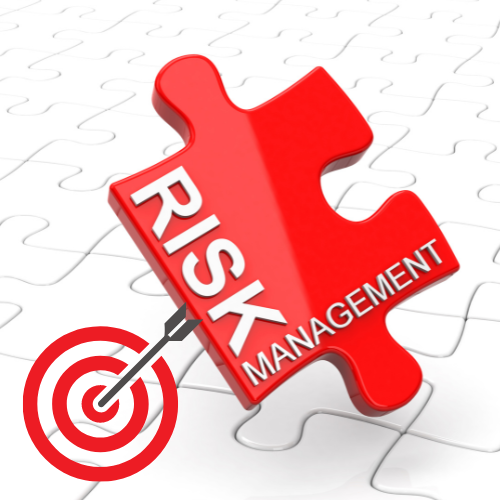
Here are some steps your agribusiness can take to minimize pollution risk:
- Implement Environmental Best Practices: Ensure that your operations follow industry best practices for managing hazardous materials, including proper storage, handling, and disposal.
- Develop a Disaster Response Plan: Prepare a plan for responding to pollution incidents, including steps to contain and mitigate the damage.
- Regular Inspections and Maintenance: Conduct routine inspections of equipment and storage tanks to catch potential problems before they lead to environmental incidents.
- Compliance with Environmental Regulations: Stay up-to-date with local, state, and federal environmental regulations to avoid fines and other penalties.
These proactive measures, when combined with the appropriate insurance coverage, will help protect your business from financial losses due to pollution incidents.
Agricultural Businesses Needs Pollution Liability Coverage
Pollution risks are an often overlooked but potentially devastating threat to agricultural operations.
With increasing regulatory scrutiny and the rising costs of environmental cleanup, having the right pollution liability insurance is essential.
While standard farm, auto, and CGL policies offer limited coverage, environmental liability policies provide more comprehensive protection against pollution-related risks.
For more information about pollution and environmental liability insurance, contact an insurance professional who specializes in agricultural risks.

For more information about pollution and environmental liability insurance, contact an insurance professional who specializes in agricultural risks.
FAQs
What is Farm and Ranch Pollution Liability Insurance?
Farm and Ranch Pollution Liability Insurance provides coverage for environmental damage and pollution incidents resulting from farming operations. It helps cover costs associated with cleanup, property damage, bodily injury, and legal defense related to accidental pollution releases.
Why is pollution liability important for farms and ranches?
Farms and ranches often store and use chemicals like fertilizers, pesticides, and fuel, which can potentially cause environmental harm if they leak or spill. Even natural products like milk or manure can cause pollution if mishandled. Pollution liability insurance helps protect farmers from the financial burden of cleanup, fines, or legal action.
Does my standard farm liability insurance cover pollution?
Most standard farm liability policies offer limited or no coverage for pollution-related incidents. While some might provide basic coverage for accidents involving operational fluids (like oil or antifreeze), broader pollution risks such as chemical spills or contamination from manure may not be covered without a specific pollution liability policy.
What types of pollution incidents are covered?
Typical pollution incidents covered under these policies include the accidental release of pesticides, herbicides, fuel spills, waste runoff, and contamination of land or water caused by agricultural products. However, coverage can vary by policy, so it’s important to review the specific terms of the insurance you choose.
Is coverage available for pollution that occurs over time?
Many pollution liability policies are designed to cover sudden and accidental events. However, some policies can also provide coverage for gradual pollution, depending on how the policy is structured. For example, a claims-made policy can cover pollution incidents that occurred in the past, as long as the claim is made during the policy period and it aligns with the retroactive date of the policy.
What is a claims-made policy, and how does it work for pollution coverage?
A claims-made policy covers claims filed during the current policy period, even if the pollution incident happened before the policy was in effect (as long as it falls within the retroactive date). This type of policy is common for pollution liability because environmental damage can sometimes take years to be discovered.
What happens if I cancel my claims-made policy?
If you cancel a claims-made policy, you might lose coverage for incidents that happened in the past but haven’t yet resulted in claims. To maintain protection, you can purchase an Extended Reporting Period (ERP), often referred to as “tail coverage.” This allows you to report claims made after the policy ends, as long as the incident occurred during the coverage period.
What pollutants are typically excluded from coverage?
Certain pollutants, like asbestos, lead, or radioactive materials, are commonly excluded from pollution liability policies. In addition, intentional violations of environmental regulations, as well as known pre-existing pollution conditions, are typically not covered unless specifically addressed in the policy.
How can I know what pollution risks my farm or ranch faces?
Pollution risks can vary based on the size and type of farm, the materials stored and used, and the geographic location. Farms using chemical fertilizers, pesticides, or storing large quantities of fuel, for example, face higher risks. An environmental risk assessment or consultation with an insurance professional can help identify specific exposures.
Can I negotiate terms or exclusions on a pollution liability policy?
Yes, many aspects of a pollution liability policy, including exclusions, limits of liability, and deductibles, can be negotiated with the insurer. Some exclusions may be removed, or additional coverage can be added for specific risks based on the needs of your farm or ranch.

